
Despite technological advances, two major problems continue to plague the field of animal cloning: few clones survive to term and those that do are grotesquely large. The root of these problems has remained a mystery until now.
But a new study led by the Whitehead Institute traces their origin to two separate sources, reporting that while poor survival rate is influenced by the genetic background of the donor cell, the gross overgrowth of clones results from the actual procedure of cloning.
The findings will add to the crucial body of knowledge needed to improve cloning efficiency and to understand why so few clones survive to term and become healthy adults.
These findings , from Rudolf Jaenisch’s lab at the Whitehead Institute of Biomedical Research, were reported on the web May 1, 2001 in the Proceedings of the National Academies of Science.
“These results are important because they identify two distinct problems that we researchers need to focus on as we work on solving the problems plaguing cloning technology. Now researchers can treat as two separate issues factors in the cloning procedure that cause enlarged animals and the factors in the genetic makeup of donor cells that influence clone survival,” says Kevin Eggan, first author on the paper and a graduate student in the Jaenisch lab.
Cloned animals and the placenta that nourish them before birth often are dramatically larger than their normal counterparts. Animals also frequently suffer from birth defects and die within hours of birth. These problems, collectively termed large offspring syndrome, result in only 1-5 percent of cloned animals surviving to adulthood. The reasons for these complications have remained a mystery and raised considerable concerns about the cloning process.
The Jaenisch lab found that the genetic background of the donated nucleus influences clone survival, independent of the cloning procedure. When the researchers studied clones created from inbred mice compared to outbred mice, only the clones from outbred mice survived to adulthood. “There may be specific ‘survival’ genes in cells from outbred mice, which protect against the detrimental effects of the manipulations involved in cloning. The race is on to identify those genes,” says Eggan.
The Jaenisch lab also tested whether the actual mechanical process of removing a nucleus from a cell and then transplanting it into an egg somehow causes problems for developing clones. To test this, the researchers used embryonic stem cells, which are unique in that they can give rise to an entire organism without using the nuclear transfer cloning procedure. The researchers found that animals developing from mouse embryonic stem cells were not overgrown at birth, but embryonic stem cells used in the cloning procedure gave rise to overgrown animals.
These findings could shed light on similar phenomena observed in cloning other animals, such as cattle, sheep, pigs, and goats, says Eggan.



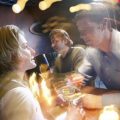
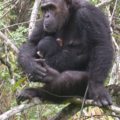
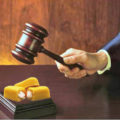
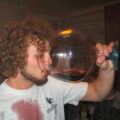

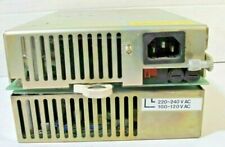
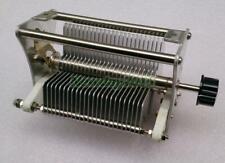
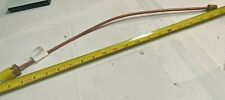
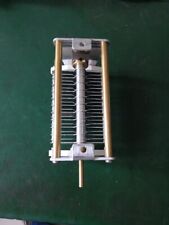
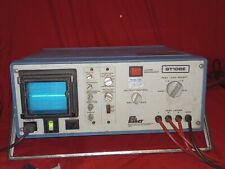
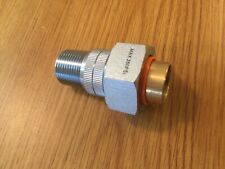
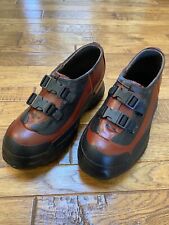

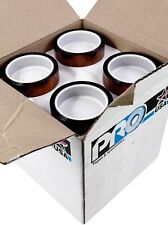
Comments are closed.